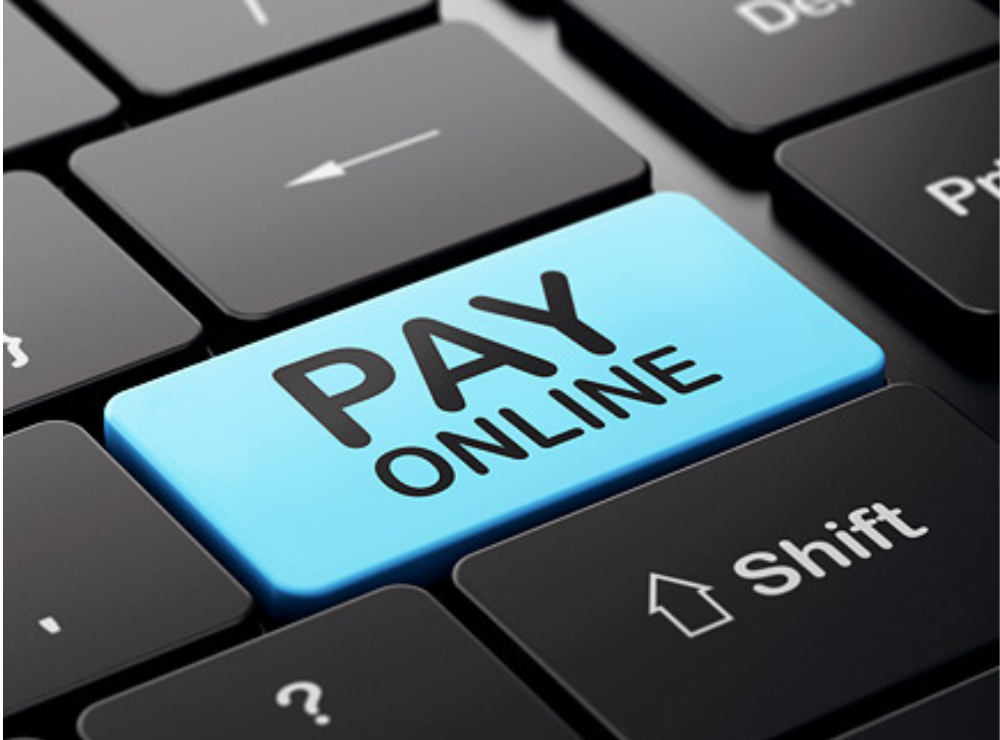1. Communication Services:
· Email Services: Platforms like Gmail, Outlook, and Yahoo Mail provide email communication, file attachments, and organizational features.
· Instant Messaging: Apps like WhatsApp, Facebook Messenger, and Slack enable real-time text, voice, and video communication.
· Video Conferencing: Services such as Zoom and Microsoft Teams facilitate video meetings and collaboration.
2. Social Media Platforms:
· Social media sites like Facebook, Twitter, Instagram, and LinkedIn connect people, allow content sharing, and provide opportunities for networking and self-expression.
3. Streaming Services:
· Video Streaming: Platforms like Netflix, Amazon Prime Video, Disney+, and Hulu offer on-demand movies, TV series, and original content.
· Music Streaming: Services such as Spotify, Apple Music, and YouTube Music provide access to a vast library of songs and playlists.
4. Online Shopping and Marketplaces:
· E-commerce platforms like Amazon, eBay, and Alibaba enable users to buy and sell products online.
· Food delivery apps like Uber Eats, DoorDash, and Grubhub offer online ordering and delivery services.
5. Cloud Storage and File Sharing:
· Services like Google Drive, Dropbox, and iCloud provide cloud storage for files, documents, photos, and data backup.
· File-sharing platforms allow users to share files and collaborate on projects.
6. Productivity and Office Tools:
· Office suites like Microsoft Office 365 and Google Workspace offer cloud-based productivity tools, including word processing, spreadsheets, and presentation software.
· Project management tools like Trello and Asana assist with task organization and team collaboration.
7. Education and E-Learning:
· Online learning platforms like Coursera, edX, Khan Academy, and Udemy offer courses, tutorials, and certifications.
· Virtual classrooms and video conferencing tools support remote education.
8. Entertainment and Gaming:
· Online gaming platforms like Steam, PlayStation Network, Xbox Live, and mobile app stores provide access to video games and multiplayer experiences.
· Video-sharing platforms like YouTube offer a vast library of user-generated content.
9. News and Information:
· News websites, apps, and aggregators deliver up-to-date information on a wide range of topics.
· Blogs, podcasts, and online publications provide in-depth analysis and commentary.
10. Travel and Booking Services:
· Travel booking websites like Expedia, Booking.com, and Airbnb help users plan trips, book accommodations, and arrange transportation.
· Mapping and navigation apps assist with directions and GPS services.
11. Financial and Banking Services:
· Online banking platforms enable users to check balances, make transactions, pay bills, and manage finances.
· Investment and trading platforms offer stock trading and investment opportunities.
12. Health and Wellness:
· Telemedicine and healthcare apps provide remote medical consultations and health monitoring.
· Fitness and wellness apps offer workout routines, nutrition tracking, and mental health support.
13. Government and Public Services:
· Government websites and portals allow citizens to access information, pay taxes, and apply for services online.
· Online voter registration and e-government services streamline administrative processes.
Online services continue to evolve and expand, offering new opportunities for communication, convenience, and access to information. They have transformed industries, connected people globally, and reshaped how businesses and individuals interact with the digital world.

















